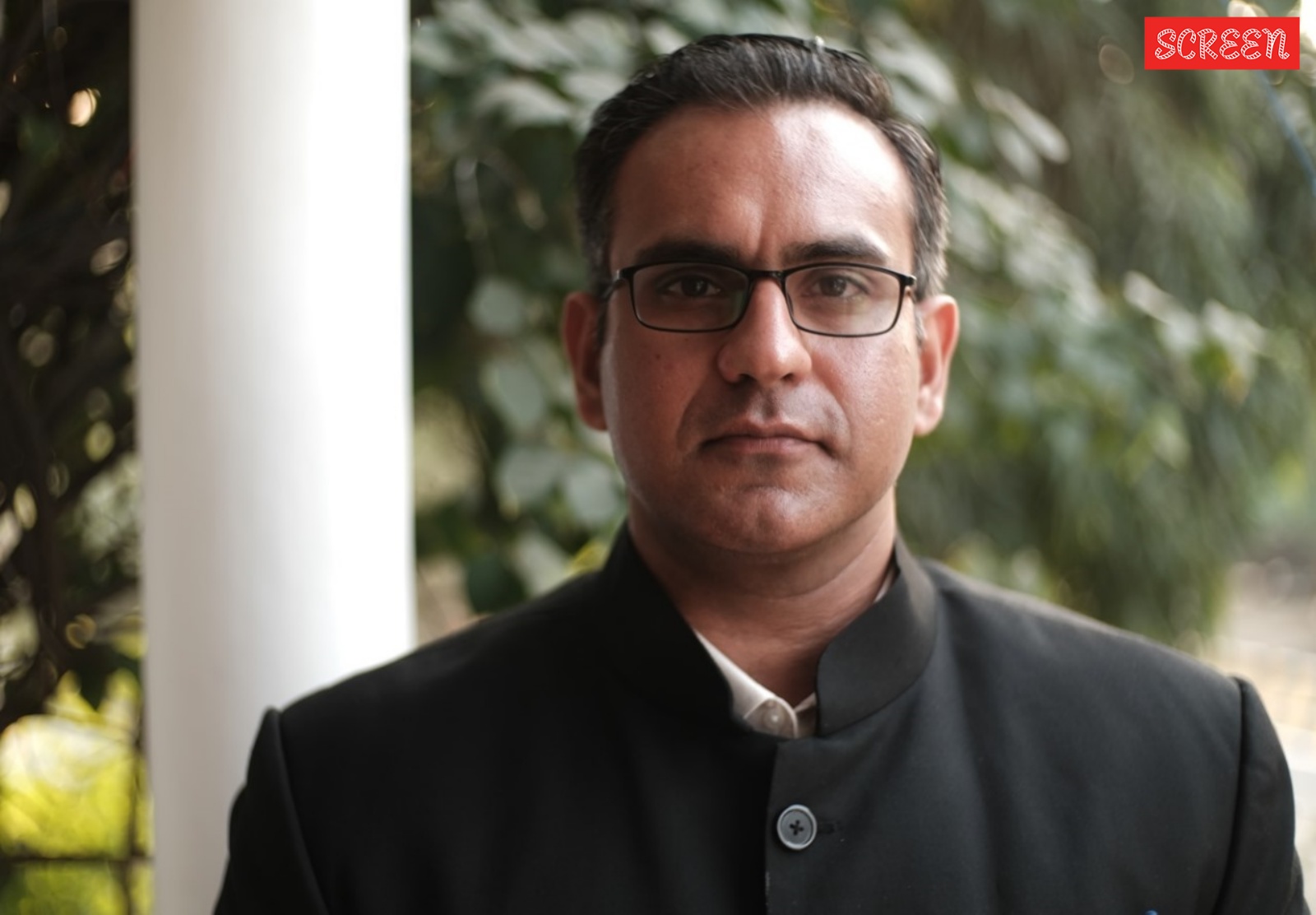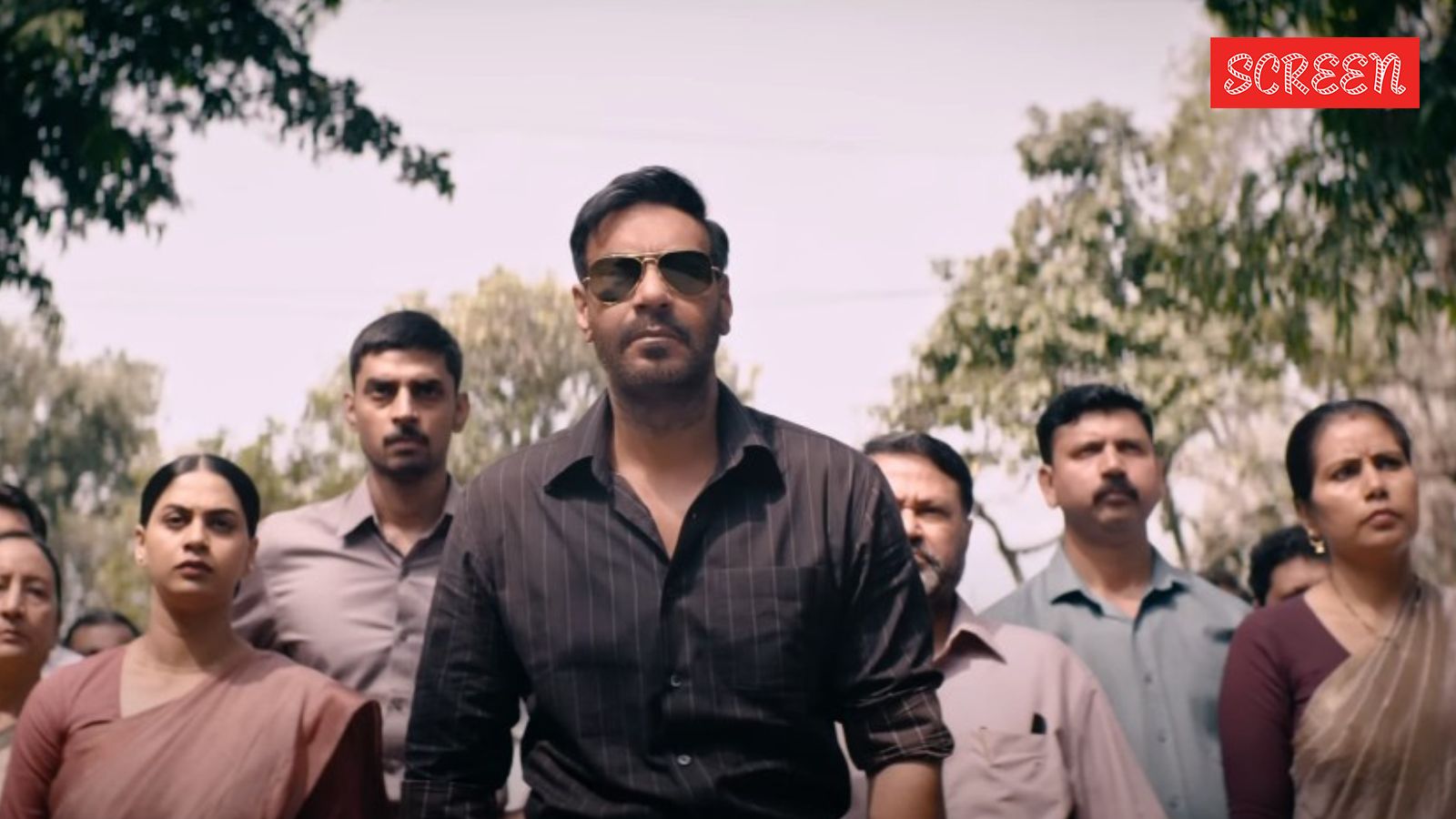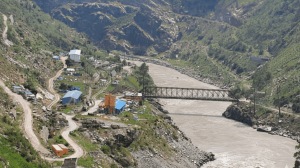Who really conducts raids—and how do they unfold behind closed doors? Don’t expect films to give you the full picture, even as civil servants become regulars on the silver screen. From IAS to IPS to IFS, the bureaucracy has found its fanbase, with officers often placed on a pedestal by audiences hungry for stories of power and purpose.

So what really happens during a raid? Former IRS officer Ravi Kapoor takes us inside the high-stakes world of financial searches—before, during, and after the knock on the door. So, before you watch Ajay Devgn’s Raid 2, here’s a ready reckoner on what a real-life raid looks like.
Inside a Raid: Former IRS officer Ravi Kapoor explains how searches work
 Former IRS officer Ravi Kapoor.
Former IRS officer Ravi Kapoor.
Pre-Search: Intelligence, Authorization, and Surveillance
What the public refers to as a “raid” is officially known as a search, specifically under income tax laws. These are not routine checks for filing errors or underpaid dues. As former IRS officer Ravi Kapoor explains, this involves serious tax evasion—planned and executed with criminal intent.
A search begins only after credible intelligence is received. “Someone tips us off—perhaps a whistleblower or a rival—about unaccounted wealth, illegal business operations, or systematic evasion,” says Kapoor. If the information leads to a significant recovery, the informant may be rewarded with a small percentage of the seized amount.
Even with reliable intelligence, the operation cannot proceed without authorization from a senior officer, typically of Additional Commissioner rank or above. A search warrant is then issued, clearly specifying the premises and the officers authorized to conduct the operation.
Story continues below this ad
Before moving in, the team often conducts discreet surveillance. They observe activity at the site—truck movements, visitor footfall, timing patterns—to choose the ideal moment to act. “Homework is crucial,” says Kapoor.
The ‘Raid’ or Search itself: surprise, evidence, and procedure
The first step is to present official identification and the search warrant. “That’s essential,” Kapoor explains. “There have been cases where people posed as tax officials to commit fraud.” Surprise is critical to ensure no evidence is destroyed. But keeping a search under wraps is often difficult, especially when the targets are powerful individuals. “Leaks are common. The moment someone influential is involved, information starts circulating,” he adds. A well-planned raid includes mapping out entry and exit points, and timing the search to ensure key people are present—factory workers in a commercial setup or family members at a residence.
Officers then begin collecting evidence. This includes financial records, diaries, loose papers, or unofficial transaction notes—what Kapoor refers to as kharchi-parchi. Inventory checks are also conducted to verify how much stock has been produced versus what has been sold.
Raids can last several hours or even an entire day. Before leaving, the officers must prepare a legal document called a Panchnama. This outlines the details of the search and must be signed by at least five independent witnesses. “Not preparing a Panchnama is a serious mistake,” says Kapoor. “Even if you find nothing, the documentation is non-negotiable. Most government cases fall apart in court due to mistakes made during this stage.” He adds, “At the end of the day, this is about data gathering. A search happens only when there is no other way to obtain the information.”
Story continues below this ad
Post-Raid Process: Evidence Analysis and Legal Action
Once the operation ends, seized data is analyzed to determine the extent of tax evasion. If the authorities can prove wilful suppression of income, they are permitted to investigate up to five years of financial records—beyond the usual limit.
The next step is issuing a show-cause notice, asking the suspect to respond—typically within 30 days. From there, formal legal proceedings begin.
 Ajay Devgn in Raid 2.
Ajay Devgn in Raid 2.
Real Raid vs Raid 2: What happens when the target is powerful
Raiding business tycoons or politicians is a different challenge altogether. Confidentiality becomes even more critical—and even harder to maintain.
“When you’re going after someone powerful, backlash is inevitable,” says Kapoor. “Someone will call your boss—or your boss’s boss—and try to apply pressure. Once they learn who is leading the raid, the calls start rolling in.”
Story continues below this ad
Officers are aware that these individuals have the power to strike back—professionally and personally. “Corrupt officers know how to work the system too,” Kapoor adds.
Raiding homes and families: caution, panic, and human Sensitivity
When raids are conducted at residential locations, officers must act with extreme caution. The presence of children, women, and elderly family members requires a sensitive approach. “A raid team should always include female officers,” Kapoor says. “Not having one is a serious oversight.”
Entering someone’s home is deeply personal and often met with panic or resistance. Officers must explain that it’s a routine operation, not a criminal charge. “Tax evasion is about greed, not violence,” Kapoor notes. “Unless it’s tied to terrorism or organized crime, it’s not viewed as a heinous offence which even the government understands.”
He recalls a tense search involving a 70-year-old businessman whose taxes had dropped to zero. “The man was terrified,” Kapoor says. “I had to calm him down, assure him this wasn’t an accusation. It’s just a search. We could be wrong.” Maintaining dignity, he insists, is part of the job.
Story continues below this ad
But not everyone handles it that way. Kapoor has heard of officers who instilled so much fear that suspects fainted — or even suffered heart attacks. “A responsible officer must ensure their actions don’t cause harm. You are there to investigate, not punish.”
When violence looms: the role of the police
If a raid risks turning violent, officers must inform the police. But timing is tricky— sharing too much too early can cause leaks. “Sometimes the local police are hand-in-glove with the suspects,” Kapoor warns.
In cases where the operation points to something larger — like links to organized crime—the case is handed over to the Enforcement Directorate (ED) or the Central Bureau of Investigation (CBI). At that point, it becomes an entirely different type of investigation.
The pressure on officers: stress, performance, and fear of retaliation
Films often paint officers as fearless heroes. Reality is messier. Kapoor says officers conducting raids are often nervous—worried about violence, legal backlash, or professional consequences. “The fear doesn’t end with the raid,” he says.
Story continues below this ad
He recalls a chilling incident where an officer—also a former instructor during Kapoor’s training period —was shot in the face days after a raid out of revenge. “It can be very dangerous,” Kapoor admits.
There is also immense pressure to produce results. “Will I find anything? Can I prove my intelligence was solid? Can I silence the complaints made to my seniors?” Kapoor says. “It is a high-stress environment.”
Power of IRS and films
In popular media, bureaucratic power has long been reserved for IAS and IPS officers. Recently, even IFS officers have received their due, as seen in The Diplomat starring John Abraham. But IRS officers? They are rarely in the limelight.
“Of course IRS officers hold power—and they should,” says Kapoor. “We prevent tax evasion, one of the most critical responsibilities for the country.”
Story continues below this ad
He adds that dealing with the rich and powerful makes the job very different. “An IRS officer is powerful but works quietly. If he is honest, he serves the nation. If he is corrupt, he makes a lot of money for himself.”




 Former IRS officer Ravi Kapoor.
Former IRS officer Ravi Kapoor. Ajay Devgn in Raid 2.
Ajay Devgn in Raid 2.































